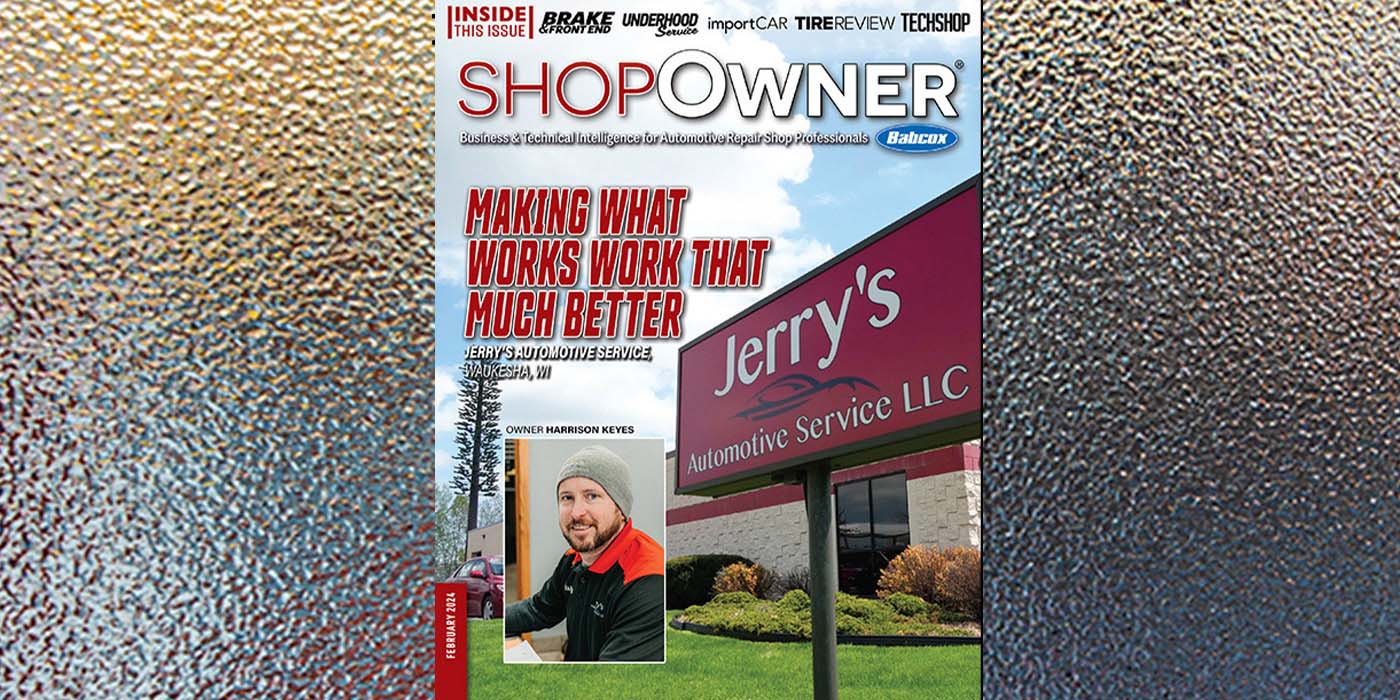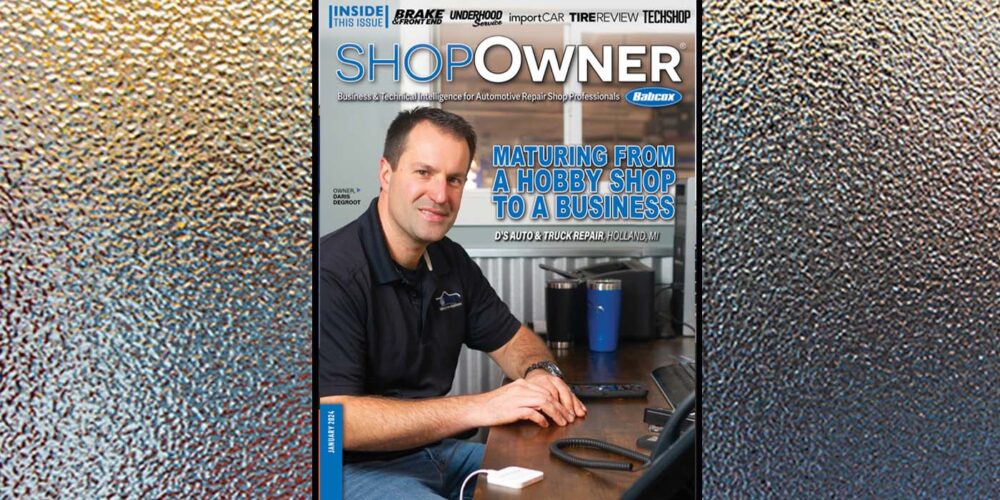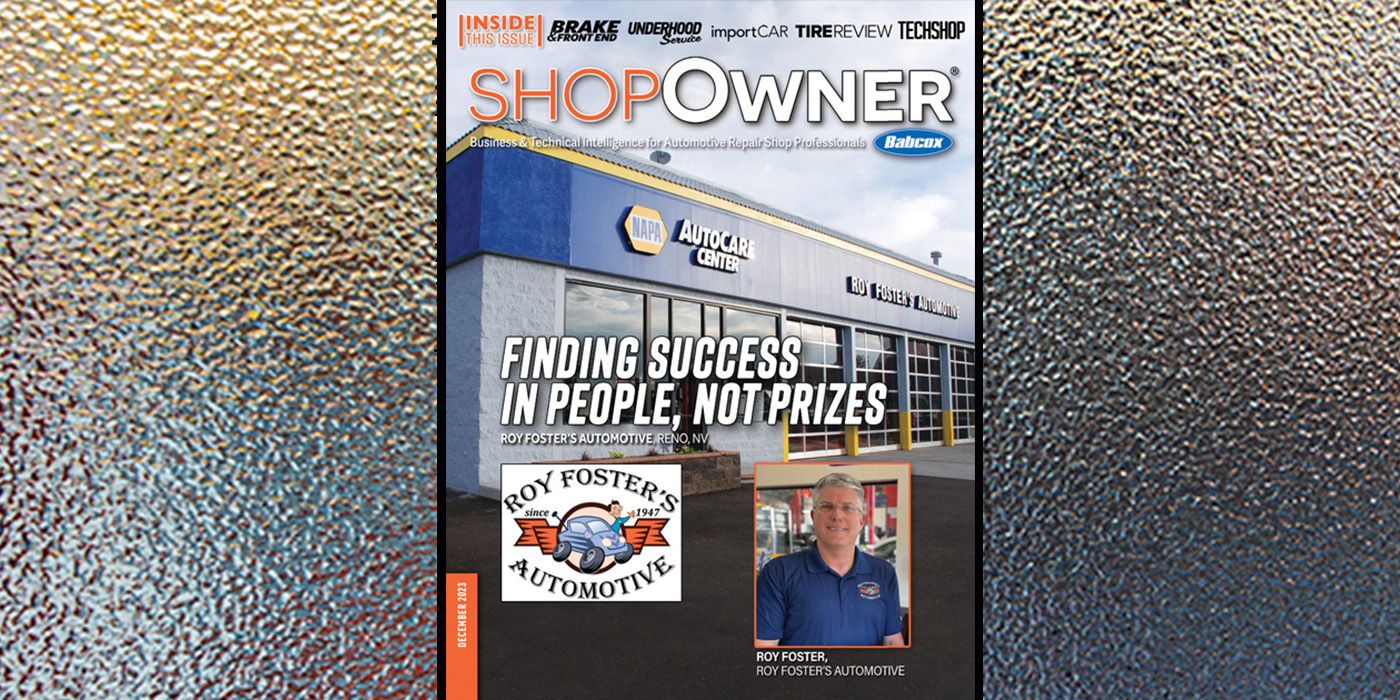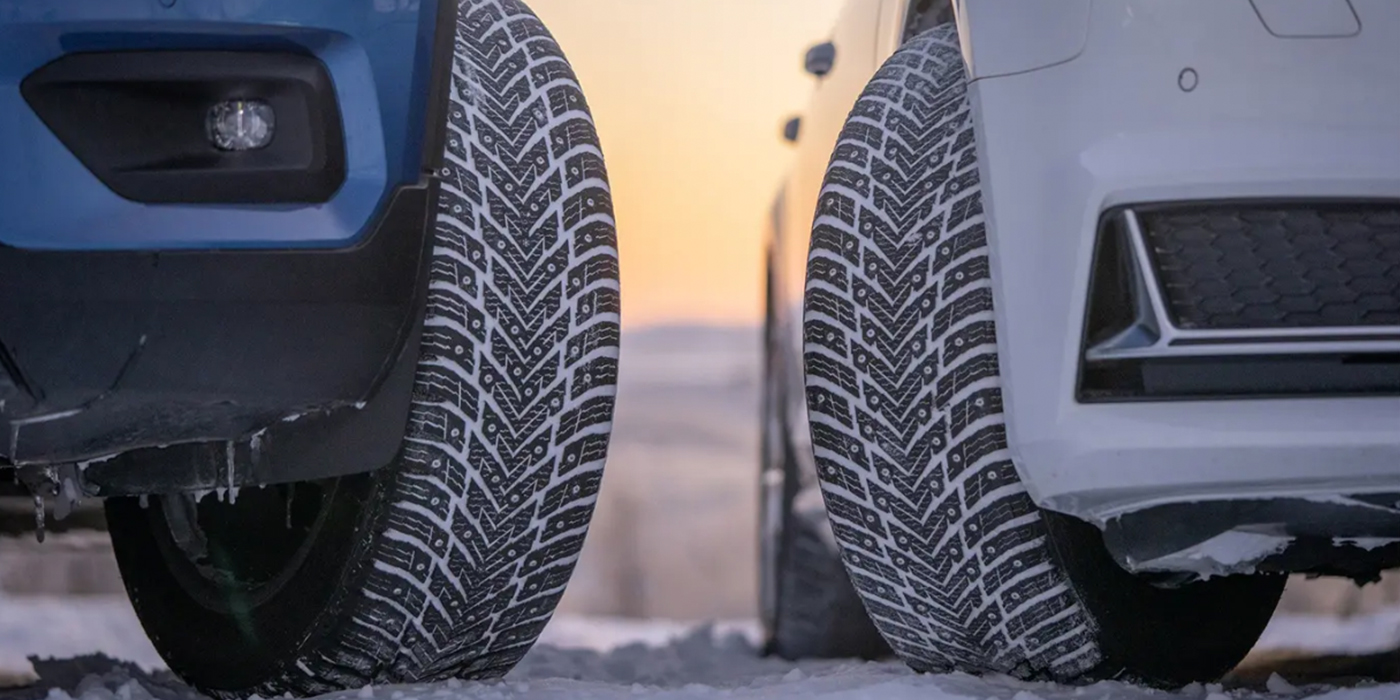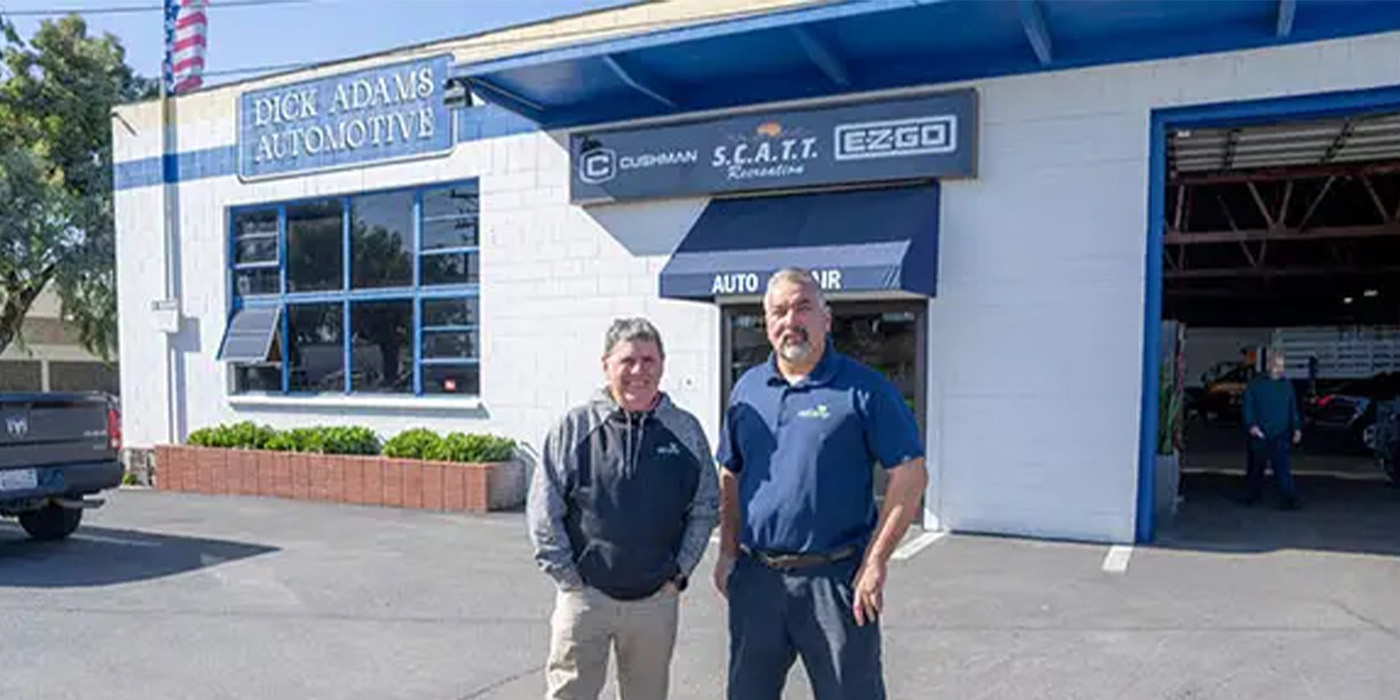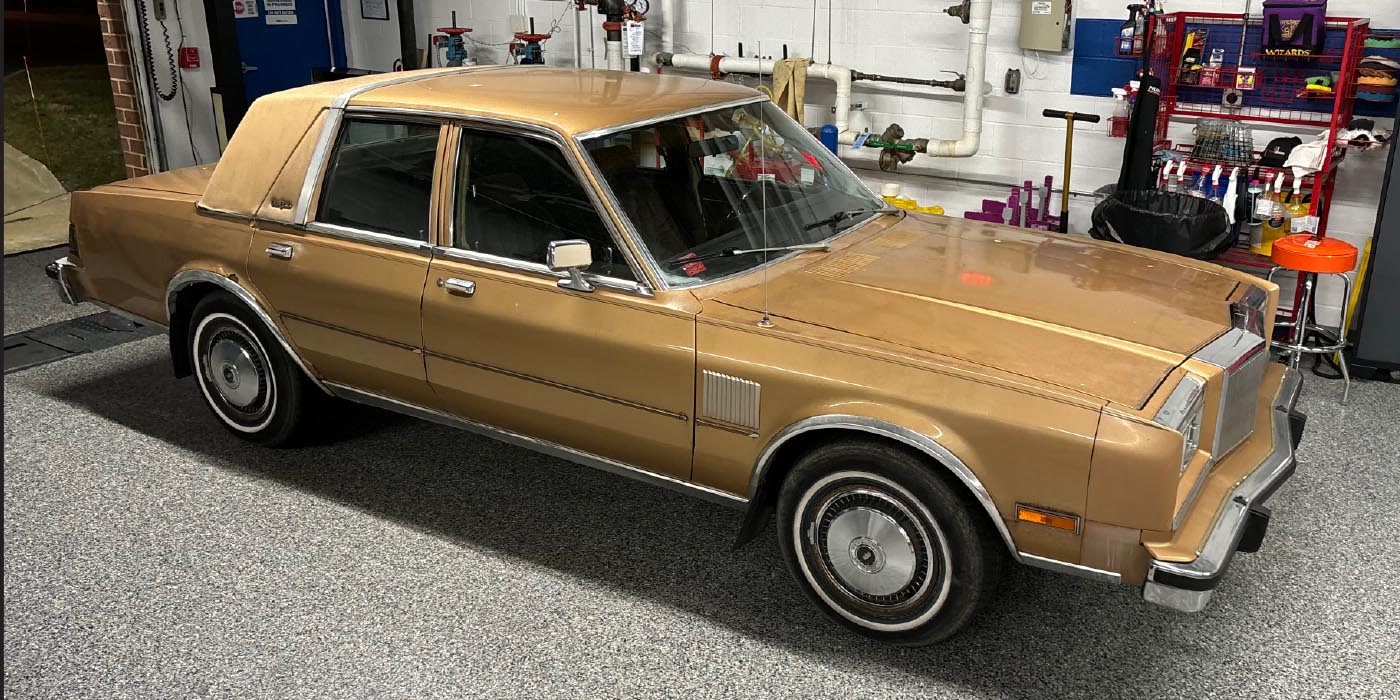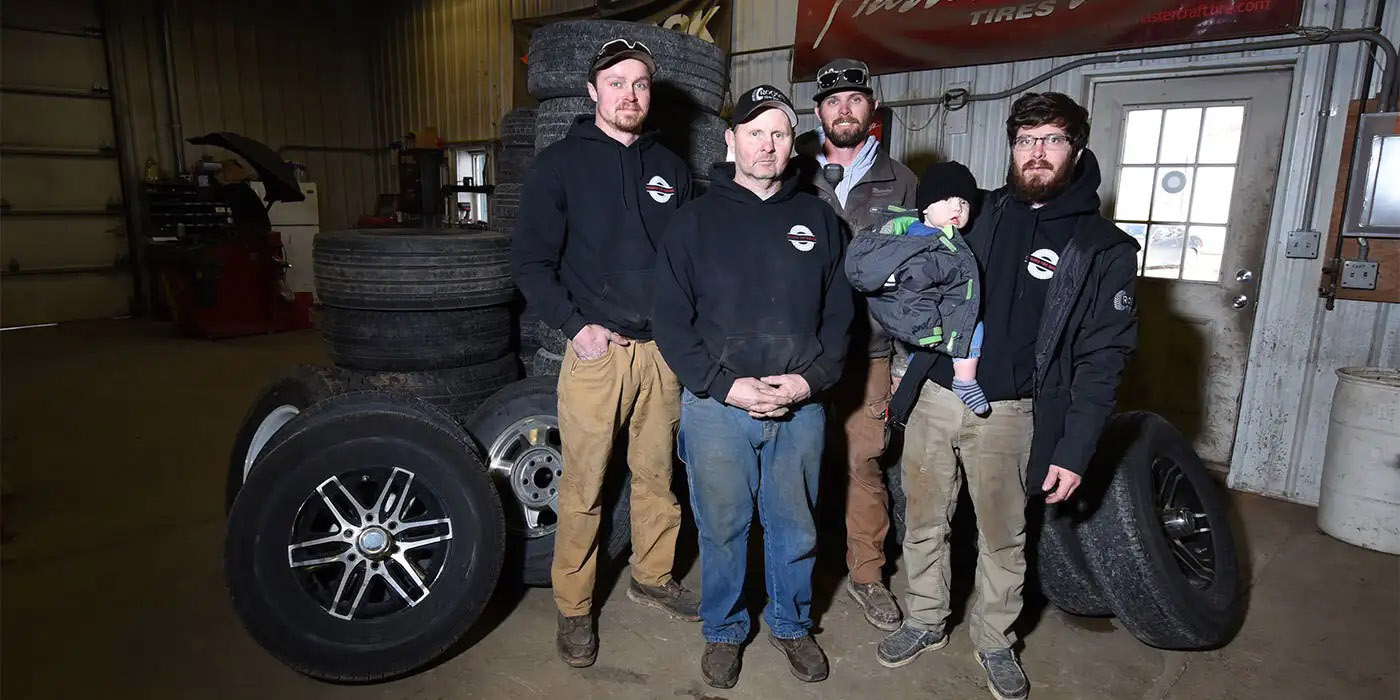Last month, more stimulus checks were sent out by the government. These checks put more than $1,000 in the pockets of consumers, some of which was used at shops to perform vehicle repairs and maintenance. Other consumers went the DIY route and spent their stimulus online or at auto part stores. Either way, the aftermarket received a boost.
I have a policy of always answering the phone when I am in the office. Why? It could be a shop owner or technician looking for information. Some of the best stories come from these calls. This past month, I received a lot of calls from DIYers stuck on their stimulus check projects.
It is not hard to find my phone number online. It is on almost every page of our websites. Many DIYers think we sell auto parts because of the content on our sites. When they are stuck, they give me a call – and some of their questions force me to bite my bottom lip. Here is just a sample from the past month.
One of the best calls I received was from a guy who bought a 1974 Chevy small block with a four-bolt main. He was putting it in his 1999 Chevy truck that had the last Vortec V8, and he wanted to keep the fuel injection system because he had to pass the New York emissions inspection. The 1974 block will fit the bell housing and motor mounts. But, without a place to put a knock sensor and with an offset crank position sensor, there is no way he would pass emissions. But, it had a four-bolt main!
Another call came from a mid-2000s Toyota Highlander owner looking to fix the power steering. He was wondering why he could find only manual steering racks. I told him to look under the dash at the steering column. After a few minutes, he realized that this is why he could not find a power steering pump or fluid reservoir under the hood. When he saw the price of the electric power steering unit, he realized it was out of his league.
The scariest call came from a windy driveway and a DIYer who decided to install rear calipers. He managed to take the rear nut off the parking brake mechanism, and then the piston fell out of the new caliper. I don’t know what he was thinking.
Just about every DIYer who calls would be better off going to a shop instead of doing it on their own. I am not against drivers working on their vehicles, but there has to be a limit.




